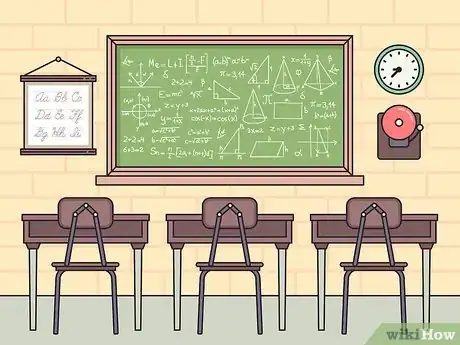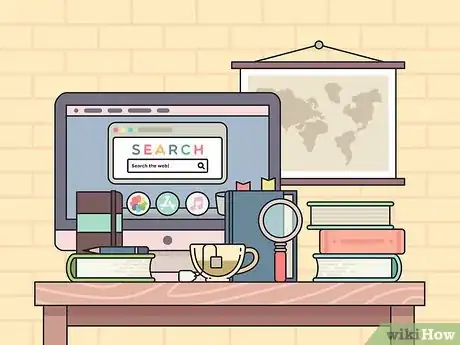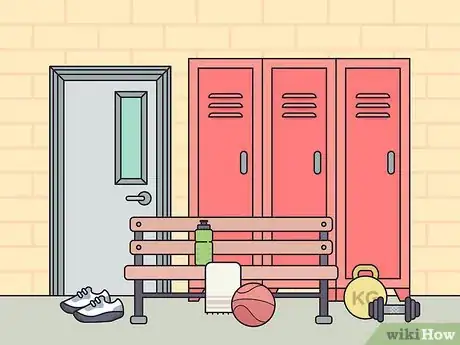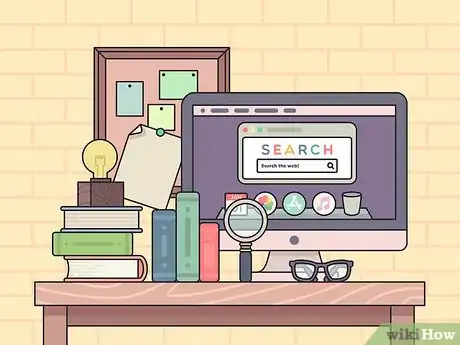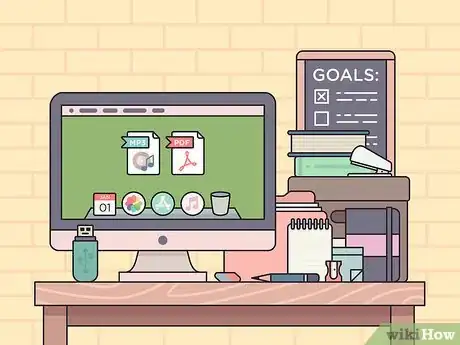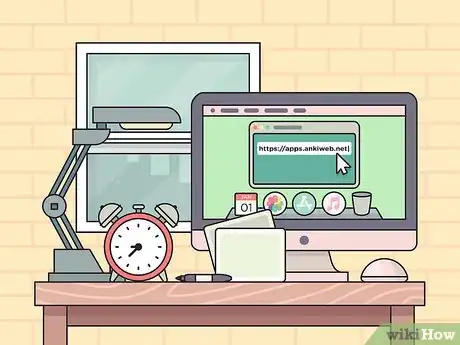This article was co-authored by Tracy Yun, MBA. Tracy Yun is the founder and CEO of Manhattan Elite Prep in New York, New York. With over 14 years of experience in test preparation and admissions consulting, Tracy specializes in managing educational service firms which offer test preparation classes and tutoring courses for SAT, ACT, TOEFL, IELTS, LSAT, MCAT, GRE and GMAT. They also offer K-12 homeschooling services as well as college and graduate school admissions consulting and language, computer, and career training. Tracy graduated Magna Cum Laude with a BA in Economics from California Lutheran University and holds her MBA from Columbia University Business School.
wikiHow marks an article as reader-approved once it receives enough positive feedback. In this case, several readers have written to tell us that this article was helpful to them, earning it our reader-approved status.
This article has been viewed 133,036 times.
Propelling your own learning can seem like a daunting process at first. However, it's not as challenging as it seems! With clear structure, an awareness of your learning styles, and an internal sense of motivation you can set yourself up for learning success without a teacher. Read on to learn some effective methods of self-study.
Steps
Lean into your internal sense of motivation.
-
In order to be motivated, make sure you really want to learn something. If you do not want to learn for learning's sake, become clear about the reason why you want to learn something and try to imagine how it is, when your learning was successful. Maybe you'll find out, that you don't want to learn that thing, so at least you can save some time. If you don't really want to learn it, the time spent on trying to learn it will be mostly wasted.[1] X Research source
Gather your materials.
-
Take a look at the information you have at the moment: does it provide you enough stuff to learn? If so, start learning, else gather at least as much information as you need to begin learning. Some people may like it more if they have all the information they want to learn, but it is also possible, that you become discouraged by too much information, so find out how you feel most comfortable.[2] X Research source
- Study and learn in a quiet place without distractions so you can focus better.
Experiment.
-
When possible, do experimental stuff first, because it helps you to get into the topic. Physicists for example often try to explain why something works like they've seen in the experiment, so it would be good if you can do the experiment on your own, make a thought-experiment or get a video of that experiment. Although in some fields like mathematics concrete examples may lead off-road, in most cases it will help you to understand what's that stuff all about. It's not beneficial to learn some formulae, statistics or dates if you can not imagine what they describe.
Practice.
-
If there is anything you can practice, maybe if you try to learn dancing some steps or in school exercises just do them. Although it may be tempting to rush through them, for somebody inexperienced it is better to do the exercises in a moderate pace and careful. This prevents sloppy technique or bad habits, which are much harder to correct than small mistakes at the beginning.
Get mentorship.
-
Get more experienced people to judge you. Beside they can correct your mistakes, they - maybe even more important - can tell you when you are already doing something well, which can be very motivating.[3] X Research source
Diversify your knowledge.
-
One of the most common mistakes is that people concentrate either on the practical or on the theoretical aspects of something. This only leads to stereotypes like the stupid sportsman or the nonathletic nerd. However, it is also very ineffective, because you probably don't use your whole brain, but only the left side or the motoric part. Having an open mind also helps to see connections to things you already like, thus increasing comprehension and motivation.
Invest time.
-
The best learning strategy doesn't help if you don't spend a decent amount of time in it. According to the topic it even may be enough just to spend everyday half an hour on some exercises or texts. Special learning techniques can make learning easier, but they still require work done by you.[4] X Research source
Organize your learning.
Look into SRS.
-
SRS means Spaced Repetition System (Anki is a good one to try). An SRS is essentially a computer managed flash card system. Instead of looking at an entire deck of cards including things you already know really well, the computer will remember how well you answer and only show you cards when you are likely to be about to forget them, allowing you to use your time much more efficiently and learn much more.
You Might Also Like
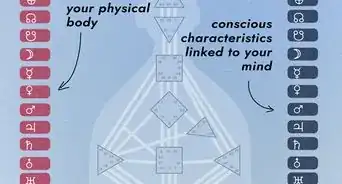 How to Read a Human Design Chart
How to Read a Human Design Chart

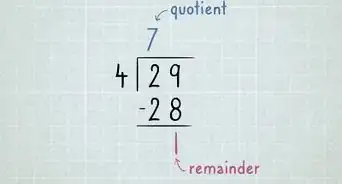

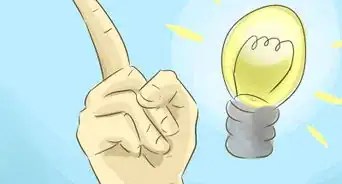

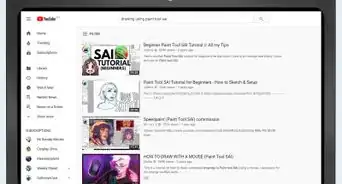







References
- ↑ https://www.inc.com/kevin-daum/5-things-really-successful-learners-do.html
- ↑ https://psychcentral.com/health/highly-effective-study-habits
- ↑ https://learningcenter.unc.edu/tips-and-tools/studying-101-study-smarter-not-harder/
- ↑ https://learningcenter.unc.edu/tips-and-tools/studying-101-study-smarter-not-harder/
About This Article

